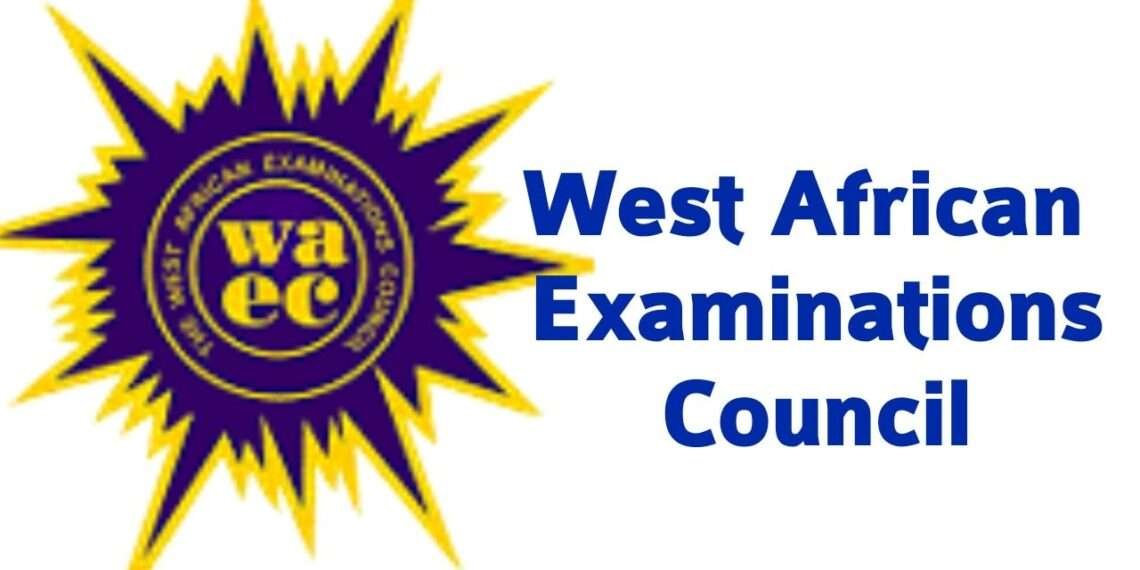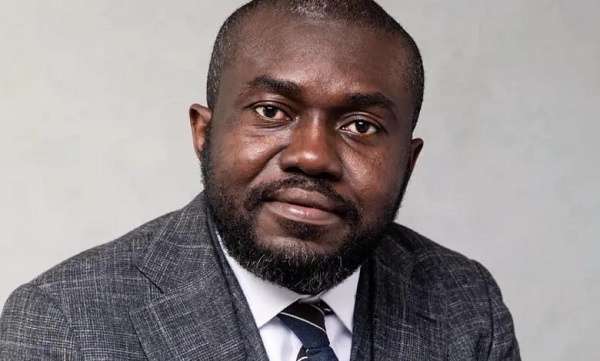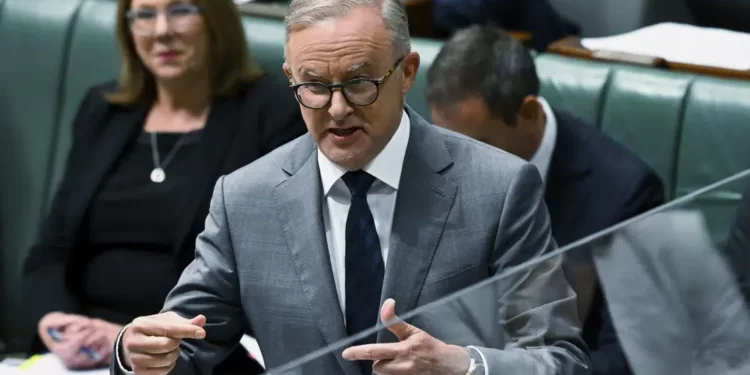The debate over fairness in Ghana’s education assessment system has taken a new turn, with calls for a stronger regulatory framework to monitor the work of external examination bodies, particularly the West African Examinations Council (WAEC).
Kofi Asare, Executive Director of Eduwatch Africa, has emphasized that the problem is not about student representation on committees that cancel results, but rather the absence of a credible regulator for external assessments.
“I’ve listened to NUGS on their representation on WAEC’s Exam Committees that oversee cancelled results, etc. I’ve also listened to WAEC’s rejection argument, which I support.
“However, this is not a matter to be solved by sitting on a Technical Committee that reviews scripts and cancels results. Those are internal processes.”
Kofi Asare
While he agrees with WAEC’s rejection of student representation on these technical bodies, Asare maintained that this is not where the real issue lies.
Instead, he believes the bigger question is why WAEC continues to regulate itself without external accountability.
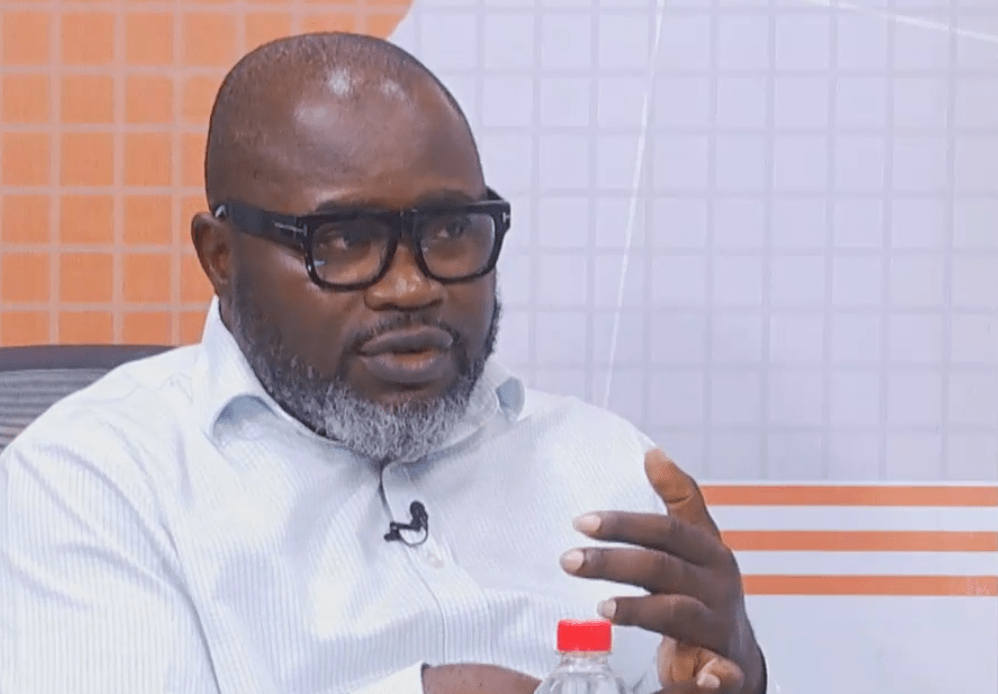
Asare stressed that what Ghana urgently needs is an independent regulator with oversight over all external assessment bodies.
Such a regulator, he explained, would establish a complaints office where students and parents could seek independent reviews of WAEC’s decisions.
Currently, candidates have no choice but to appeal to WAEC over its own decisions, a practice Asare likened to “a cockroach appealing to the hen for justice.”
Lessons From International Education Oversight
Kofi Asare further noted that self-regulation by WAEC represents what he described as an international worst practice.
Drawing comparisons from other countries, he pointed to the United Kingdom, where OFQUAL serves as the statutory regulator of assessments.
Under that framework, candidates who feel unfairly treated by assessment bodies such as Cambridge Assessment can petition OFQUAL to review the matter.
In Ghana, however, dissatisfied candidates must appeal directly to WAEC, the very institution whose decision they are challenging.
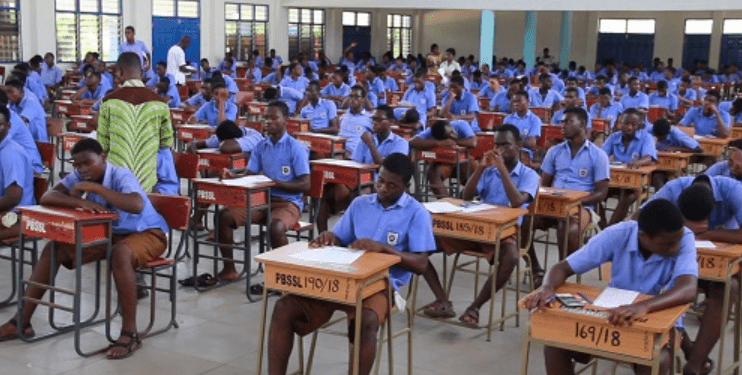
This, Asare believes, undermines fairness and credibility in the system. While candidates may choose to seek legal redress, the financial burden makes this option unrealistic for many.
He explained that one would need at least GHS 20,000 to pursue a court case, and even then, by the time judgment is delivered, it is likely too late to affect the candidate’s academic progression.
Another alternative, the Commission on Human Rights and Administrative Justice (CHRAJ), is accessible and free, but the process is slow.
Asare recalled a case from 2023, in which Eduwatch supported a parent who petitioned CHRAJ after WAEC withheld his daughter’s results because she failed to write her index number on a Physics Practical sheet.
Although WAEC had identified the script, the case dragged on, demonstrating how slow and inefficient CHRAJ’s intervention can be in resolving such issues.
Calls For WAEC Reform
The call for a regulator in Ghana’s education assessment system is not new. Asare revealed that Eduwatch has consistently made this demand to successive Ministers of Education and to Parliament since 2019.
However, the proposals have largely been ignored. He suggested that WAEC either has a strong resistance strategy or that political leaders simply do not consider the issue a priority.
For him, the reluctance of policymakers to act is a serious setback to education fairness in Ghana. Without a credible regulator, WAEC continues to operate without external checks, leaving students vulnerable to decisions that can alter the course of their academic lives.
Asare urged NUGS to move beyond its demand for committee representation and join in the push for structural reforms. In his view, real progress lies in advocating for a regulatory framework that ensures transparency and fairness for all students.

He underscored the need for a regulatory body with the power to set and enforce external assessment standards, impose sanctions for non-compliance, and guarantee real-time fairness in examination outcomes.
This, he argued, is the only way to build trust and accountability in Ghana’s education system.
“This regulator will operate an independent complaints office where clients can seek an independent, external review of WAEC decisions. MoE can decide to amend the Education Regulatory Bodies Law and mandate NaCCA to regulate, instead of another new agency.”
Kofi Asare
Until such reforms are implemented, he warned, students and parents will remain powerless in the face of WAEC’s decisions, forced to navigate costly court processes or frustratingly slow administrative channels with little hope of timely justice.
Asare concluded with a reminder that Ghana’s education system needs more than incremental adjustments.
What is required is an independent authority that restores fairness, protects students’ rights, and ensures that examination bodies are held to the highest standards of accountability.
READ ALSO: Ghana Boasts Talent Yet Nigeria’s Creativity Leads Globally

